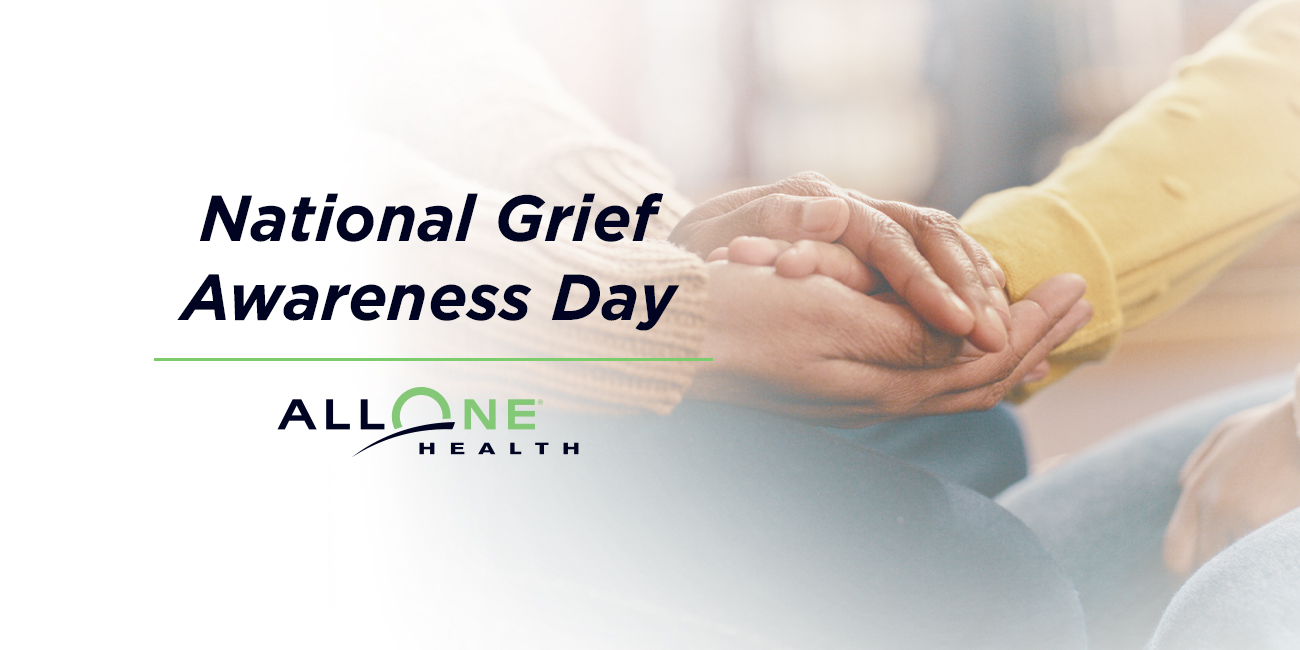Grief is often associated with the death of a loved one. However, it’s helpful to understand that people can experience grief after all kinds of losses, such as the loss of a job, a move away from close friends, a divorce, or a major life change, like becoming an empty nester.
It’s also helpful to understand that grief can manifest itself in many ways and trigger a variety of symptoms. If you or someone you love has experienced a loss, be aware of the following:
- Changes in behaviors: Sleep issues, appetite changes, withdrawal, absent-mindedness
- Changes in thinking: Obsessive or intrusive thoughts
- Changes in feelings: Sadness, numbness, anger, guilt, anxiety
- Physical changes: Tight chest, lack of energy, muscle weakness, dry mouth
If you recognize these symptoms, the following strategies can help you process and cope with grief:
- Talk about it. Many people deny their grief, which can cause isolation and make it more difficult to accept.
- Experience and accept your feelings. It’s normal to experience feelings of sadness, anger, numbness. Experience them to accept them.
- Adjust to the new normal. Try to keep your routine as close as possible to what it was before the loss. This will create a sense of comfort.
- Prioritize self-care. Focus on your eating habits, exercise, and sleep. Also, be mindful of your thinking.
At AllOne Health, we understand how grief and loss can impact organizations, their leadership teams, and individuals. We bring a whole health approach to benefits, with programs and services to help organizations, leadership teams, and individuals manage life’s challenges. To learn more, visit AllOne Health.


